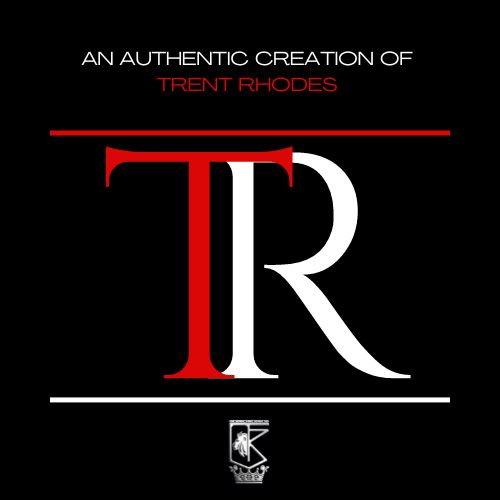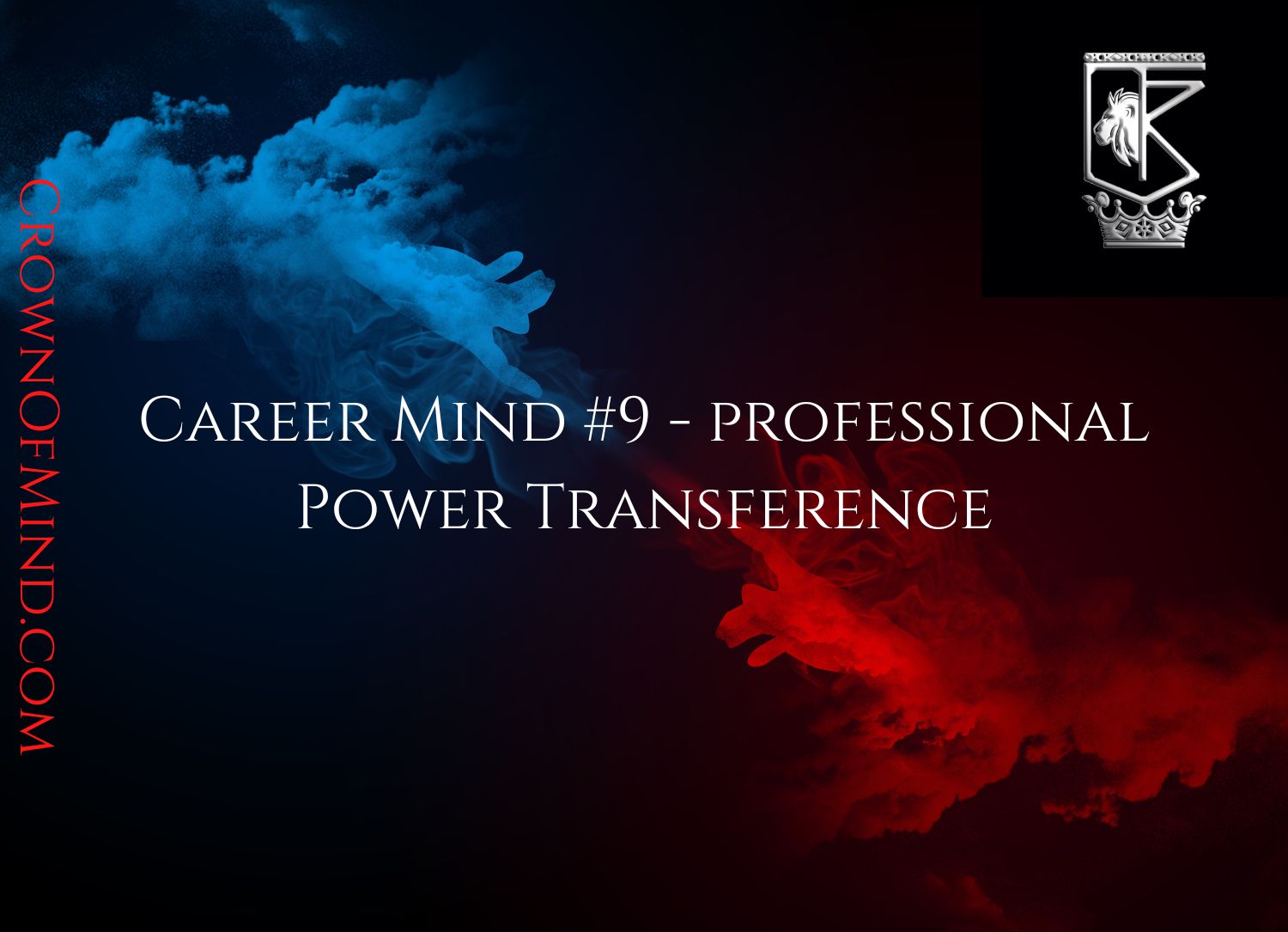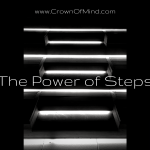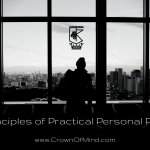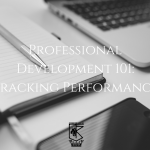Link to Original Article: https://www.linkedin.com/pulse/career-mind-9-professional-power-transference-trent-rhodes
“Power transference” may seem like an exotic name but the phenomenon has been around since humanity’s existence. It’s a process where power moves from one source to another.
Sometimes this power is earned: a number one tennis player loses the final match, usurped by the contender. Power or rank transferred from the champion to the underdog creating a new champion.
Power can be handed off. A teacher reaches retirement years and chooses to step down with less tenured teachers ready to take on the mantle, filling the void.
Certain kinds of power can also be taken, stolen through deceit and force. War and pillage.
Humanity has a tendency to transfer its power when the right motions are put in place dressed up as conveniences or ego-enhancement.
We’ll go into massive debt for the experience of displaying a luxury car so others can see (monetary power transference), give up personal data to project an Internet aura and sacrifice our health for fame, clicks and views (identity power transference) and release personal freedoms when faced with fearful circumstances (sovereignty power transference). Doesn’t seem to take much according to the social engineers.
Professional Power Transference
The next kind of power transference emerging involves competence in career and daily life.
AI is 2023’s theme, spreading throughout the industries raising talk of its benefits to more public discourse. No doubt it will reveal more positive applications but I’m also seeing some consistent messaging, subtle but observable leading people to transfer their power with statements like:
“Write your story in minutes with little effort.”
“Use these simple prompts with ChatGPT to make yourself a millionaire.”
“How to use AI to create a YouTube content machine simple and easy.”
These three and others like it imply sustainable achievements can be reached with less, little or no effort. With generative AI, answers will be given to you. The generative element that makes a human unique is unnecessary.
Generate no ideas for yourself, AI will take care of you.
Don’t struggle through a learning process, AI will solve the problem for you.
No need to cultivate a skill to depth, AI will be assistive for you.
If you understand the body needs to exert itself to remain fit, then you understand the brain needs to exert itself so it remains fit.
To build a well-defined body, it needs resistance, discomfort and all of the usual recipes that spark growth. To build a well-defined mind, it also needs resistance, discomfort and all of the usual recipes that spark growth.
Without proper fitness, body and brain atrophy. By extension, thinking atrophies.
Power transferred via a self-made subordinate, epigenetic environment. The mind gifted with the best aptitudes will be useless without the skills to independently think.
The Coming Competence Charlatans
What you’re going to see manifest is a divergence of people; those who define their career competence by AI and those who define themselves but use AI. There may be some who elect not to use generative AI at all.
Those who transfer power to AI will seek fast results and gradually exhibit:
- Inability to perform certain skills without the use of AI
- Reduced generative thought [inspiration, innovation, sparks of genius, intuitive hits, insight, the powers that emerge from the inside out]
- Irritability and annoyance with ambiguity and exploration of the unknown
- Addiction to satisfaction for answers without desire for questions
- Challenges articulating skills in professional settings unless AI can support
- Reduced attention span from instant access to creations or productions
- Reduced embodiment sense: harmonizing the somatic [bodily] with the intellectual [mind] to form understanding, construct concepts based on ideas entertained within, to know what one thinks and feels without an external entity validating [meta-cognition]
- Gradual weakening of neural connections that facilitate idea generation
- Diffused critical thinking from neglect of exercising those brain connections
- A trained behavior to prompt, receive and take action like an animal
- Lack of depth [pathway to mastery] in skill areas while AI can “fill in the gaps”
Many more. Some are on the path to this at young ages, shown in the recent examples of students using generative AI to write essays.
We have to ask ourselves if technology is neutral and the user contributes to its applications, then what kind of society do we have where there’s encouragement to offload intelligence in this way.
Self-Authentication
For those who aim to not transfer power to AI but perhaps use it, you’re going to have to discover how to authenticate skills. This comes down to establishing trust with the people you serve, who trust that you can do what you say you do whether or not you have AI. Consistently. Think about how you can deviate from charlatans.
In this environment, the idea that someone should just believe you have the skills will be foolish because so much can be faked. AI will enable the under-skilled to project as super-gifted.
From clients to peers to the people you support, the next currency in this world will be authenticity.
Lawyering, writing, art, cinematic creations: the technology will infiltrate and there’s no stopping it. Nor a need to try and stop it, but you do need to create a way to distinguish yourself as a person who cultivated true skill if not mastery in domains from someone who offloaded competence to AI.
Some ideas to consider:
Competence Demonstration
- Set up opportunities to demonstrate your skills live. Serve people in a live environment. Have that recorded and set up on your portfolio for posterity.
- Record your skill demonstration and also upload that to your portfolio. No need to have a live audience in this case.
- Describe your process for creation. Of course AI could do this as well, but challenge yourself to think deep about what makes your craft unique in the way you execute. If you can describe your process and perform without AI’s presence, impromptu, you show authenticity. In the rawest sense, if you truly are skilled you can execute no matter the environment; unnecessary to have the “right” environment. The “right time,” “right moment” would be a beautiful luxury.
- Acquire testimonials for your work. Ask for those LinkedIn recommendations. Ask to be supported with endorsements. Set up video testimonials where people can be seen speaking on behalf of your craft. You get the idea. People being willing to put their names down, risking their own reputations to support you can be viewed as acknowledged competence.
- Aim for consistent quality over sensational quantity. Algos and AI will create content feasts for people who just release ideas in the world that lack substance but grab the eye and trigger emotions. Clickbait is social engineering. If you’re consistently releasing quality creations, avoiding fast trends and serving people your ascent into authenticity will be a natural result.
Authentication Badge
Lastly here is to create your own authentication badge. Decide how you’re going to authenticate your work. Don’t leave it to some external governing body to make this. Who knows how long that would take to be accomplished given the chaos around whether AI’s creations are real, unreal, legal or theft.
If you choose to put your name on your creation to say you made it, then you’re willing to put your honor on it; there better be no lies. If you’re found to be lying, you can anticipate the reputation damages.
You can signal authentication to inform people about what you created and what AI helped you create. Here’s my self-authentication created with Canva.
